Setting a Zero-Waste Table: Sustainable Tableware for Gatherings and Everyday
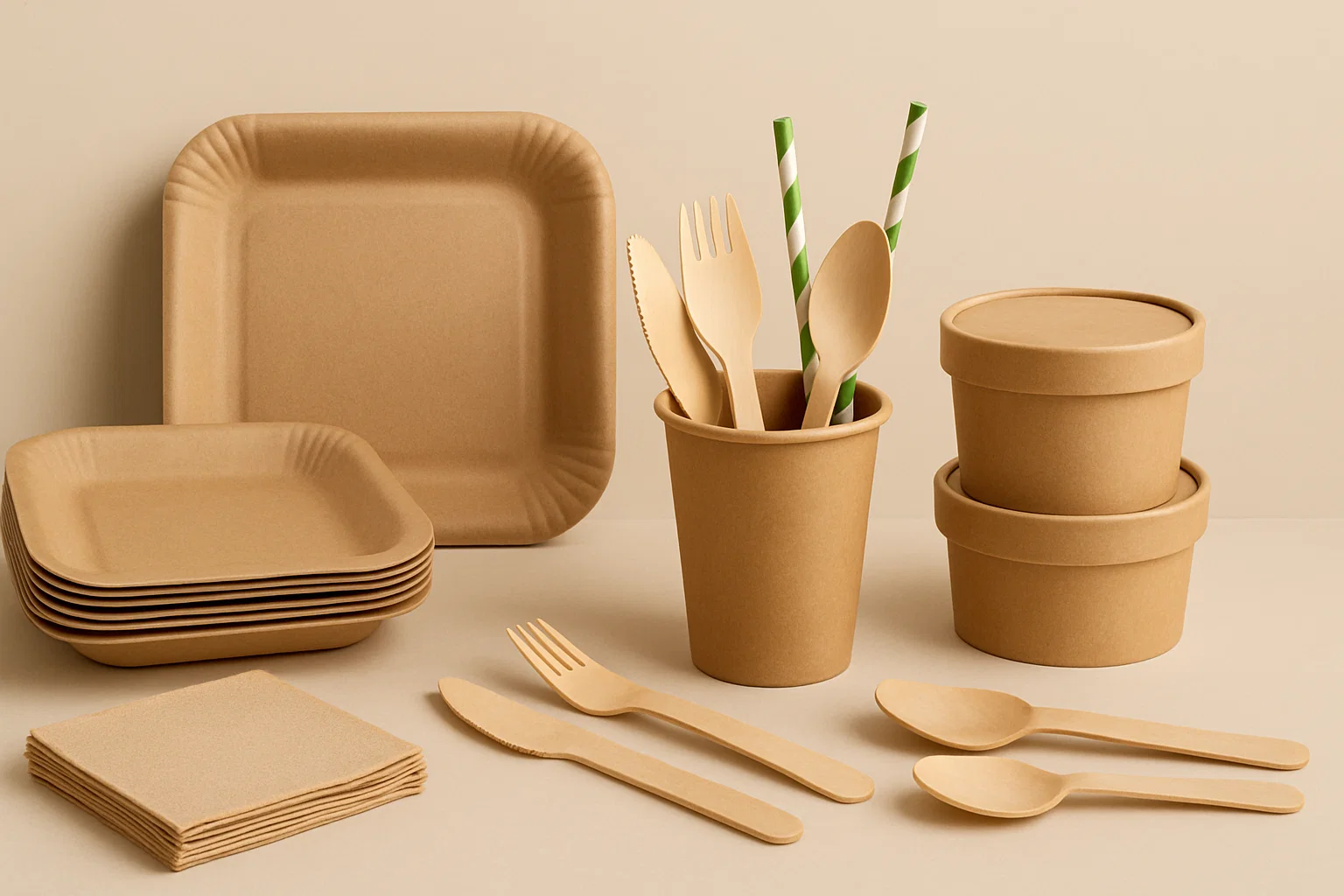
The act of sharing a meal, whether a quiet family dinner or a lively gathering of friends, is a fundamental human connection. However, the convenience often associated with disposable tableware – plastic plates, cups, and cutlery – comes at a significant environmental cost. These single-use items contribute substantially to landfill waste, and their production relies on fossil fuels and energy-intensive processes. As we become increasingly aware of the impact of our choices, the desire to host and dine in a more sustainable way is growing. Fortunately, a range of stylish and practical alternatives to disposable tableware are readily available, allowing us to set a zero-waste table for both special occasions and everyday meals.
The lifecycle of disposable tableware is inherently unsustainable. From the extraction of raw materials to their manufacturing, transportation, and eventual disposal after mere minutes of use, these items represent a significant squandering of resources. Plastic tableware, in particular, can persist in the environment for centuries, breaking down into microplastics that contaminate our ecosystems. Even paper and some compostable options can have environmental drawbacks related to deforestation and the energy required for their production and processing. Recognizing this unsustainable cycle, many individuals and event organizers are seeking more eco-conscious ways to serve food and beverages, minimizing waste and embracing reusable or truly compostable alternatives.
By choosing bamboo plates, steel utensils, and compostable sugarcane ware, we can create a zero-waste table that is both functional and environmentally responsible. These alternatives offer durability, aesthetic appeal, and a significantly reduced impact on the planet, allowing us to enjoy our meals and gatherings with a clear conscience. Whether hosting a large party or simply setting the table for a family dinner, embracing sustainable tableware is a tangible step towards a more eco-friendly lifestyle.
Setting the Stage for Sustainability: Exploring Zero-Waste Tableware Options
Nature provides us with renewable resources, and innovative manufacturing processes offer truly compostable solutions for our dining needs:
Bamboo Plates: Natural Elegance and Renewable Resource
Bamboo plates offer a stylish and sustainable alternative to disposable plastic or paper plates. Bamboo is a fast-growing grass that requires minimal pesticides and fertilizers, making it a highly renewable resource. Bamboo plates are lightweight yet durable and can withstand multiple uses when properly cared for. Their natural aesthetic adds a touch of elegance to any table setting, whether for a casual picnic or a more formal gathering. Brands like Bambu offer a variety of attractive and durable bamboo plates in different shapes and sizes. While not typically designed for single use, their durability allows for repeated washing and enjoyment, significantly reducing waste compared to disposable options.
Steel Utensils: Durable, Reusable, and Infinitely Recyclable
Steel utensils, made from stainless steel, are the epitome of durability and reusability. Unlike disposable plastic cutlery that breaks easily and ends up in landfills, steel utensils are designed to last for years, if not decades. They are easy to clean, hygienic, and can be used for both everyday meals and special events. While requiring washing, the long lifespan and recyclability of steel make it a far more sustainable choice than single-use plastic. Investing in a good set of steel utensils is a one-time purchase that eliminates the need for countless sets of disposable plastic cutlery. Many retailers, including Public Goods, offer high-quality and affordable stainless steel utensil sets suitable for both home use and taking on the go.
Compostable Sugarcane Ware: Guilt-Free Disposal for Events
For situations where reusable tableware may not be practical, such as very large events or outdoor gatherings, compostable sugarcane ware offers a more environmentally responsible alternative to traditional disposable plastic or paper. Sugarcane plates, bowls, and cutlery are made from bagasse, the fibrous byproduct left after sugarcane stalks are processed for their juice. This material is a renewable resource and, when properly composted in industrial composting facilities, breaks down into nutrient-rich soil. Brands like Repurpose offer a wide range of sturdy and compostable sugarcane tableware that can handle various types of food and temperatures. While it's important to ensure access to proper composting facilities for these products to realize their full environmental benefit, they represent a significant improvement over plastic that will persist in the environment indefinitely.
Completing Your Zero-Waste Table: Mindful Choices for Beverages and Linens
Creating a truly sustainable dining experience extends beyond plates and cutlery:
- Reusable Cups and Glasses: Opt for durable and washable cups and glasses made from glass, stainless steel, or sturdy reusable plastic instead of disposable plastic or paper cups.
- Cloth Napkins: Choose fabric napkins made from cotton or linen over single-use paper napkins. Cloth napkins can be washed and reused countless times, adding a touch of elegance to your table setting while minimizing waste.
- Reusable Tablecloths: Instead of disposable plastic tablecloths, invest in durable and washable fabric tablecloths that can be used for many gatherings.
By consciously choosing reusable and compostable alternatives for all aspects of your table setting, you can host and enjoy meals in a way that minimizes waste and honors our planet. Setting a zero-waste table is a tangible step towards a more sustainable and mindful way of living and celebrating together.
Related Blogs
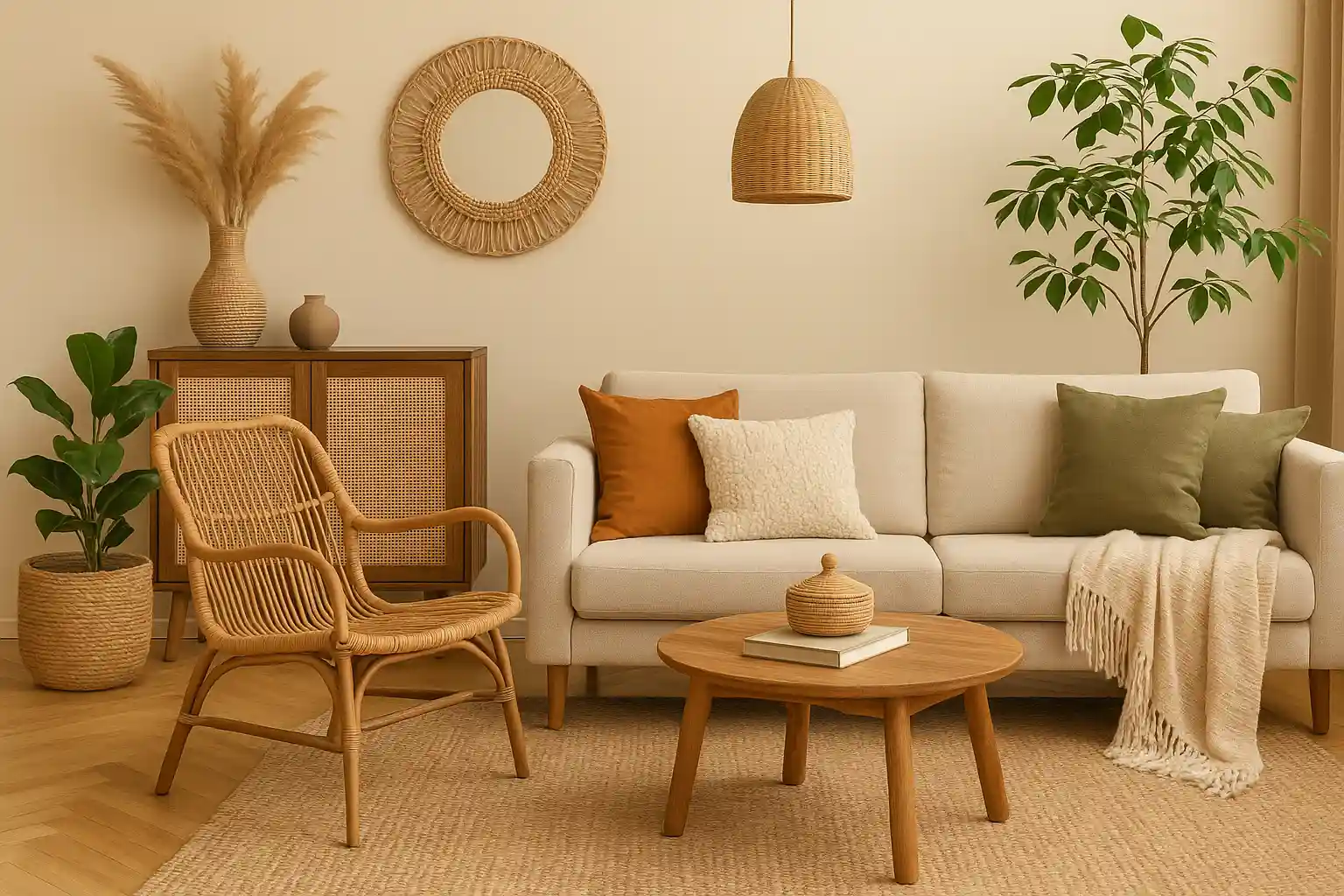
5 Home Decor Trends That Nurture Your Space and the Planet
Insights on 5 home decor trends that are also earth-friendly in a sustainable way.
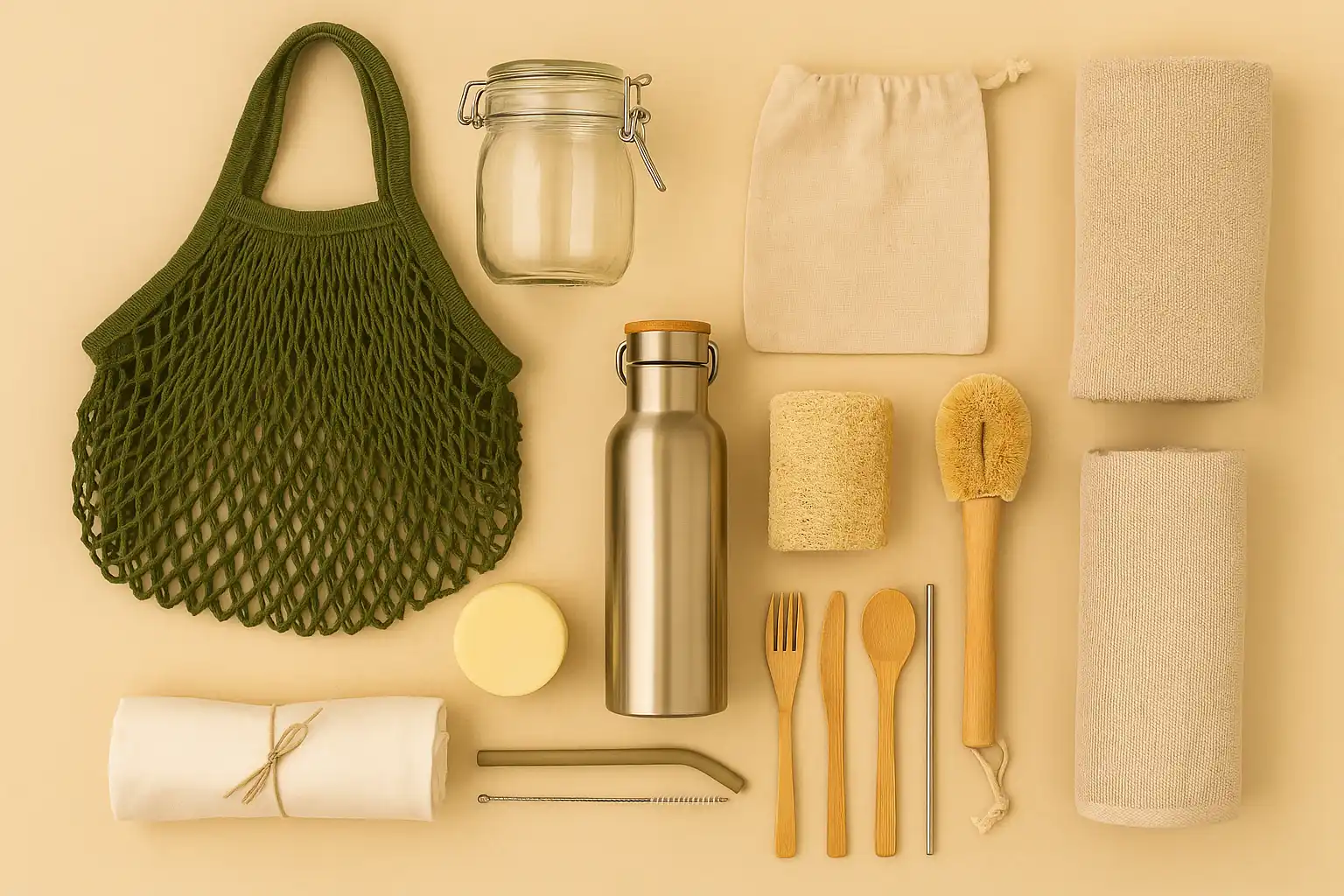
Laying the Foundation for a Greener Home: Your Eco Starter Kit
Insights on building an eco starter kit for your home in a sustainable way.
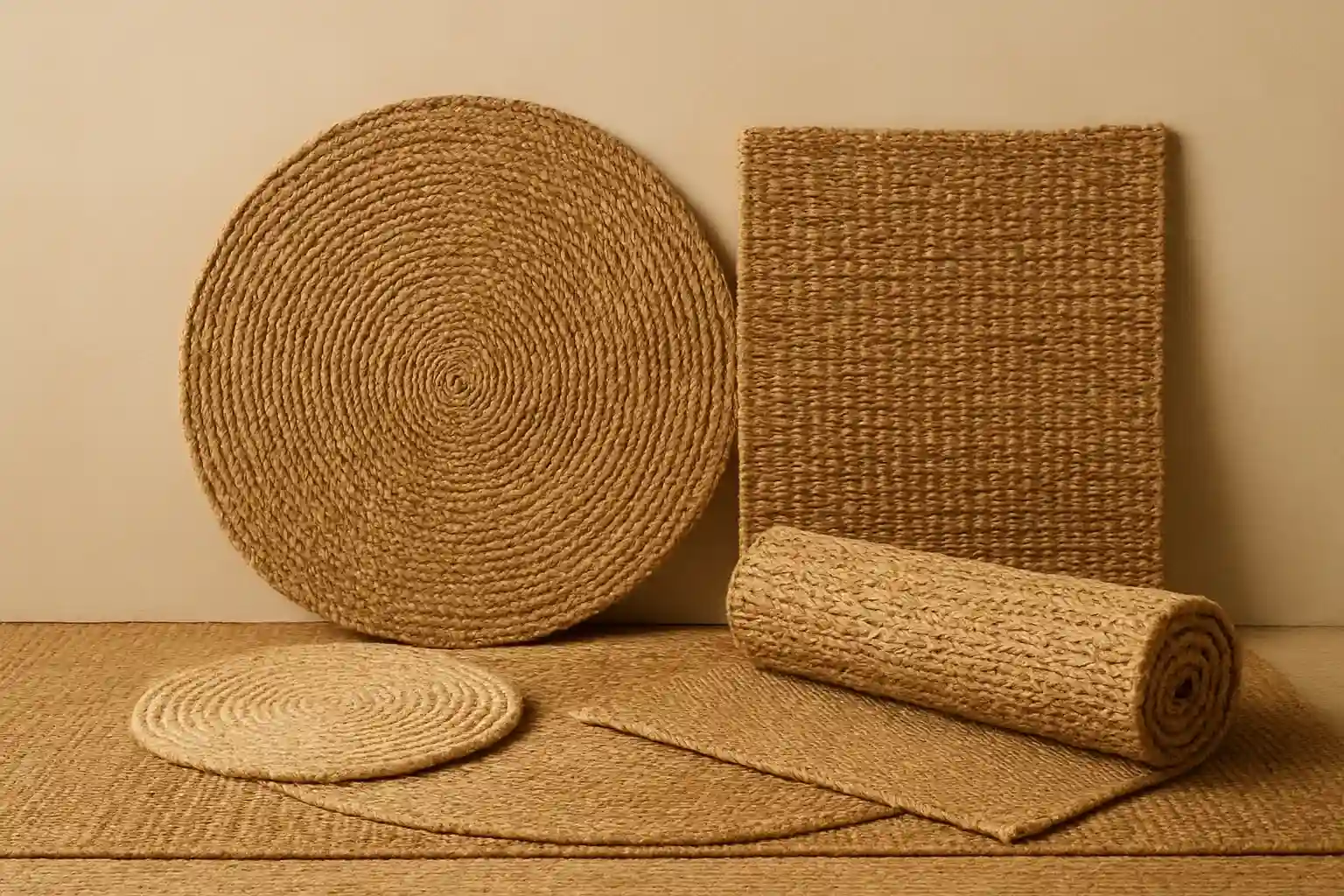
Step Softly on the Earth: Upgrading Your Home with Natural Floor Rugs
Choose biodegradable and non-toxic jute, organic cotton, or wool rugs over synthetic options.
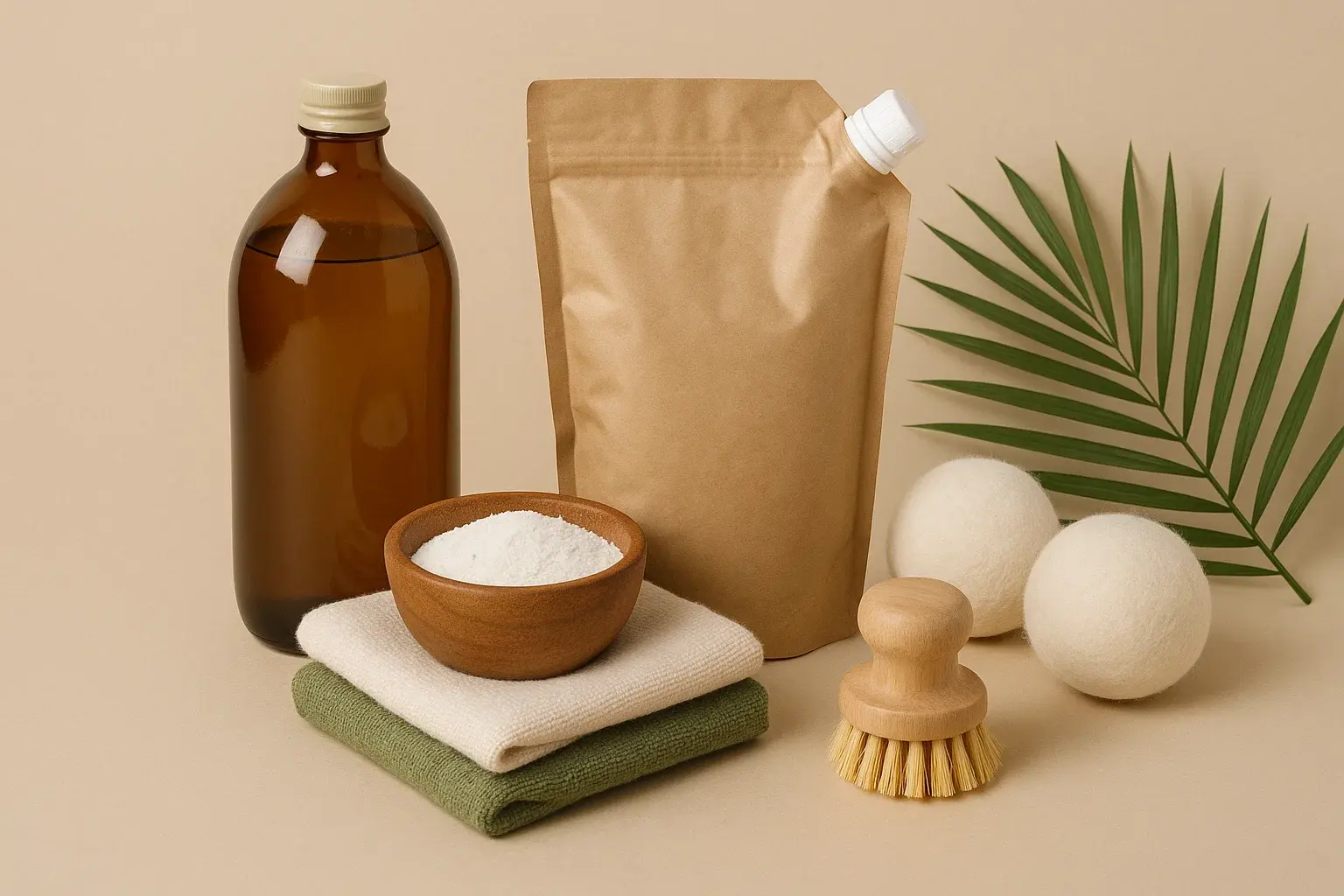
Clean Laundry, Clear Conscience: Sustainable Swaps for Conventional Detergents
Switch to soap nuts, eco-enzyme cleaners, or plant-based detergents for toxin-free laundry.
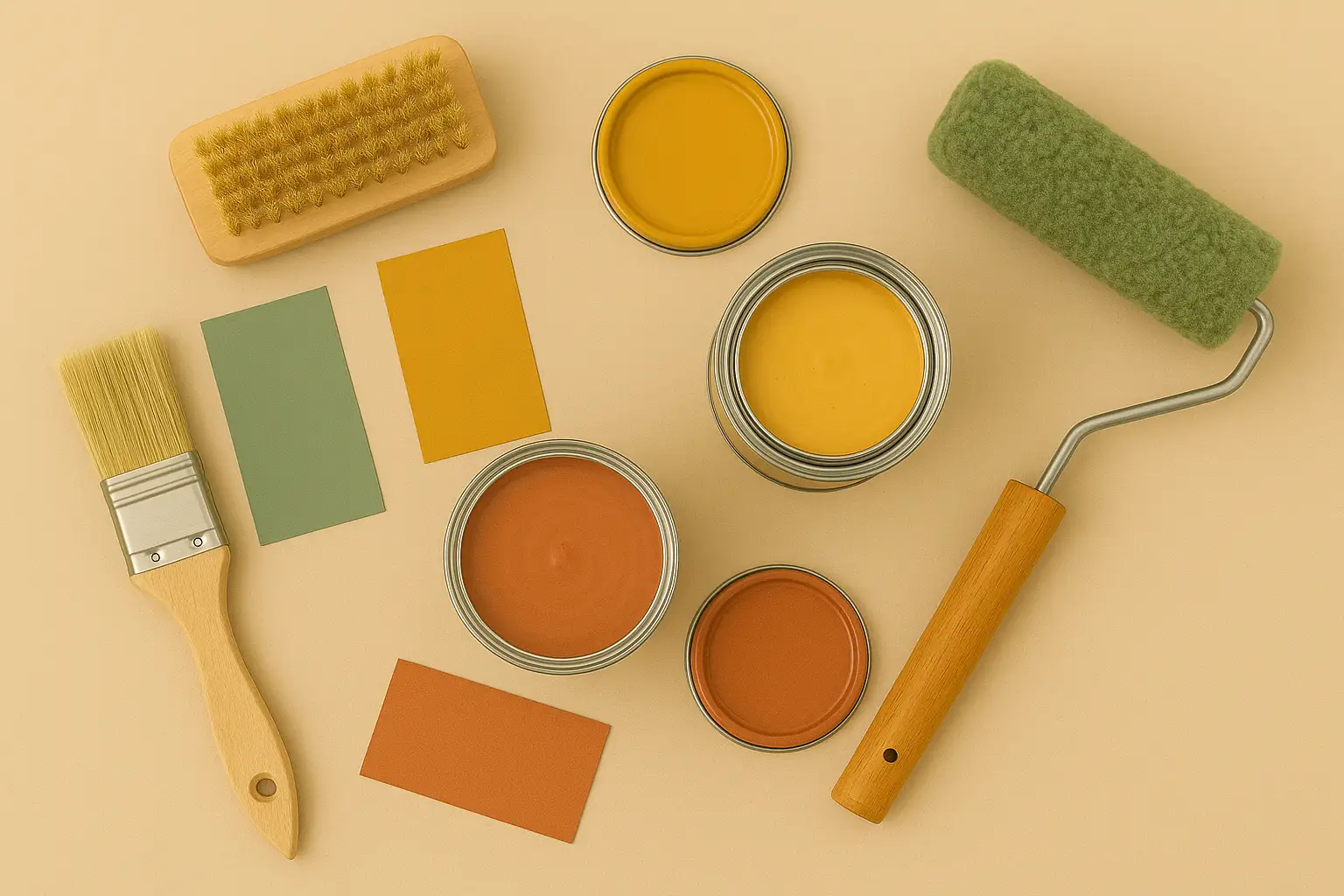
Breathing Easier, Living Greener: The World of Eco Paints and Finishes for a Healthier Home
Insights on eco paints and finishes for a healthier home in a sustainable way.
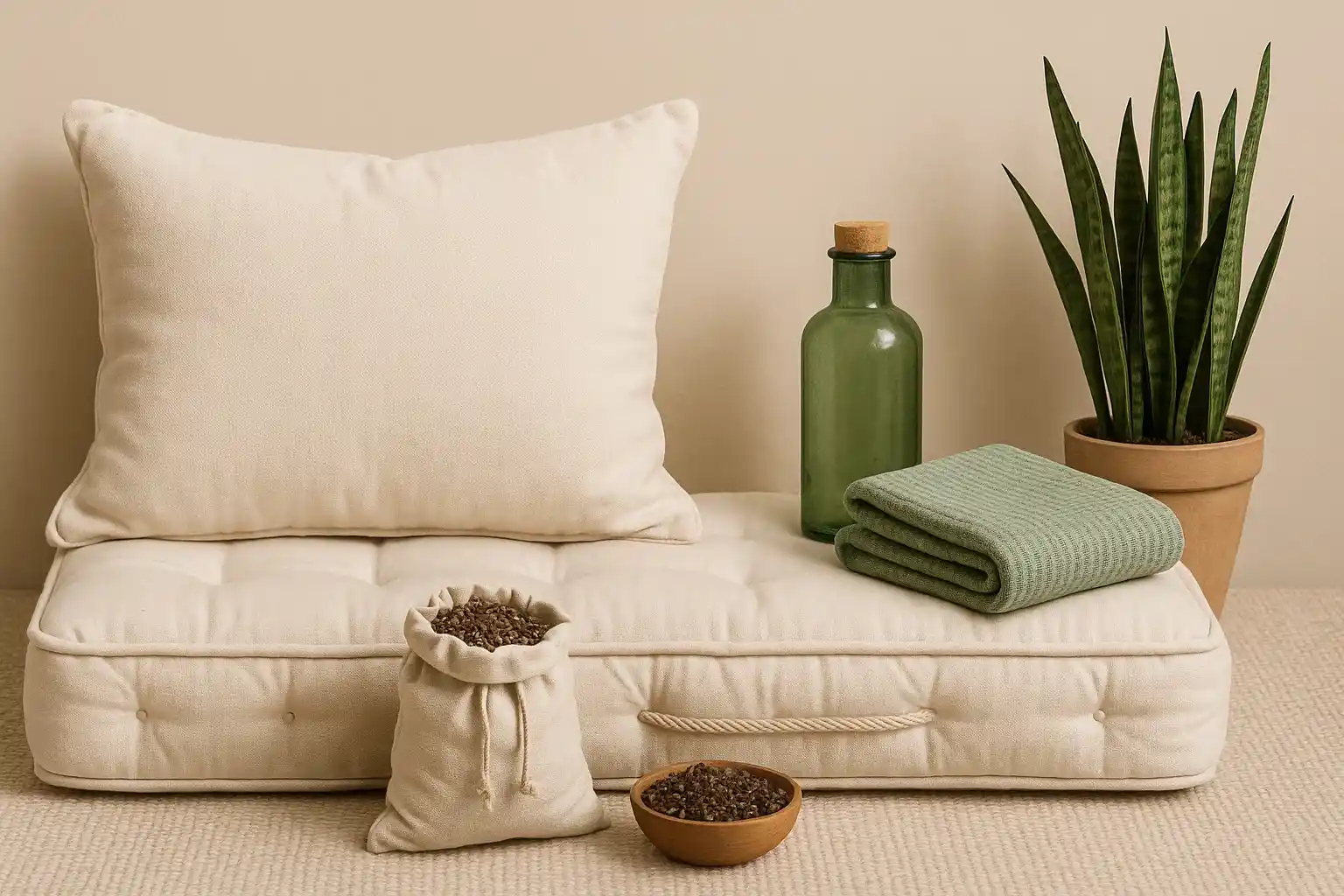
Dreaming of a Greener Sleep: Choosing Natural Mattress Toppers for a Healthier Bed
Upgrade your sleep with non-toxic, breathable, and biodegradable latex, organic cotton, or wool toppers.
Stay in the Loop
Get tips and insights tailored to your interests — no spam, just sustainability.